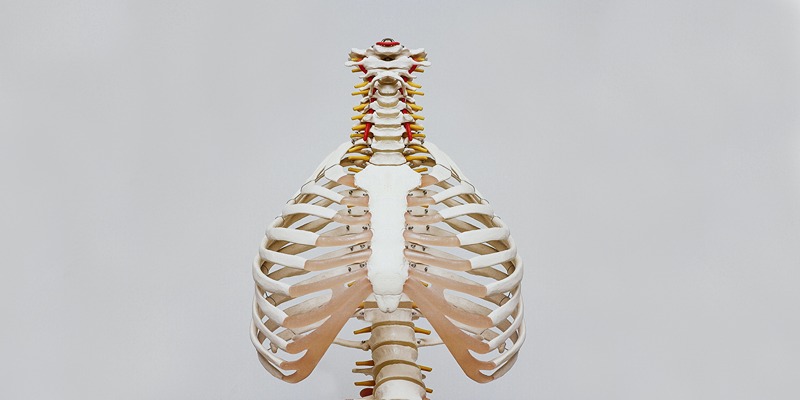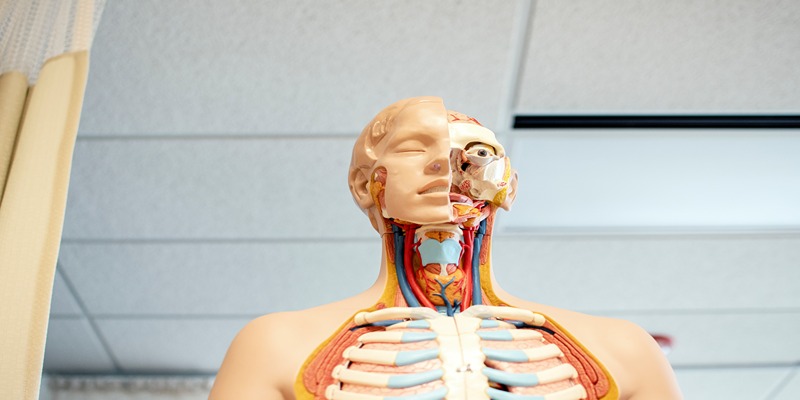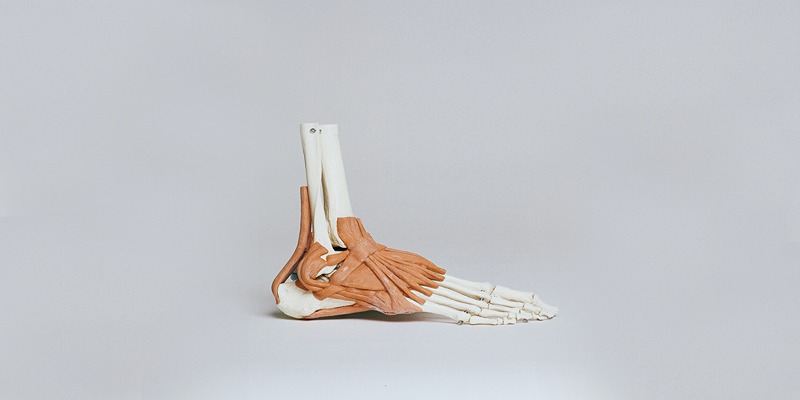Until issues emerge, people tend to ignore the need of maintaining healthy bones. Osteoporosis, a disease that weakens bones, is a growing health concern that impacts millions of people throughout the globe. The value of strong, healthy bones, which serve as the body's skeleton, becomes more apparent as we get older.
This article explores osteoporosis and bone health in depth, highlighting the importance of preserving bone density and strength. In order to help you cure and prevent osteoporosis, we want to educate you on dietary recommendations. A better quality of life and stronger bones may be yours with the help of these tactics, which cover a broad range of food and lifestyle choices.

Understanding Osteoporosis
Osteoporosis is a degenerative bone disease that gradually weakens bones by reducing their density and quality. It happens when the body breaks down its own bones at a faster rate than it can regenerate them, leaving them porous and vulnerable to breaks. Until a fracture occurs, no one may realize that this condition has developed.
Osteoporosis has a major effect on bone density. Fractures, particularly in the hip, spine, and wrist, become more common as bone density decreases. Disabilities, persistent pain, and a diminished quality of life are among the serious outcomes that may result from these fractures. For the sake of one's bones and general health, it is important to take measures to prevent and cure osteoporosis. While therapy focuses on managing the illness and preventing further complications, prevention measures may greatly lower the likelihood of acquiring osteoporosis.
Dietary and Lifestyle Approaches for Treating Osteoporosis
Nutrition for Bone Health
The foundation of osteoporosis therapy is a healthy, well-balanced diet. To keep bones strong, a diet high in calcium is essential. Dairy products (milk, yogurt, cheese), fortified meals, leafy greens, and other dairy products are good sources of calcium. Vitamin D, which facilitates the absorption of calcium, is also crucial. To meet vitamin D needs, one should get enough sun exposure and eat foods like fatty fish and fortified foods. To help maintain bone health while undergoing osteoporosis medication, it is crucial to consume a balanced diet that contains these elements.
Weight-Bearing Exercises
An additional critical component of treating osteoporosis is weight-bearing workouts in one's regimen. Bones are strengthened and thickened with these activities because of the stress they put on them. Walking, running, dancing, and resistance training are all examples of weight-bearing workouts. If you suffer from osteoporosis, it is very important to do these exercises correctly and under the supervision of a healthcare professional or fitness specialist. Bone density and general health are both greatly aided by these pursuits.
Lifestyle Modifications
Treatment of osteoporosis relies heavily on changes to one's way of life. It is highly advised that you stop smoking because of the negative impact it has on bone health. Furthermore, it is recommended to moderate alcohol consumption, since drinking too much might weaken bones. The control of one's lifestyle also includes the maintenance of a healthy weight. People should eat healthily and get enough exercise to keep their weight in a reasonable range, since being underweight increases the risk of fractures. Osteoporosis may be better treated if certain lifestyle modifications are implemented.
Osteoporosis Prevention
Calcium and Vitamin D
Consumption of calcium is essential for preserving bone density, since it is the structural component of bone tissue. It is important to eat enough dairy products, such as cheese, yogurt, and milk, which are high in calcium. You may increase your calcium intake by eating fortified meals and leafy green vegetables. In order for the body to absorb calcium, vitamin D is crucial. Another way that the sun helps the body make vitamin D is by exposing it to sunlight. Preventing osteoporosis requires a balanced diet that contains these components.

Dietary Recommendations and Lifestyle Changes for Prevention
Following dietary advice and implementing particular lifestyle adjustments may help prevent osteoporosis. Not only do these steps lessen the likelihood of osteoporosis, but they also improve health generally.
An important part of maintaining good health is eating a varied diet full of nutrients. Incorporate low-fat dairy products, fruits, vegetables, lean meats, and whole grains into your diet consistently. You can be confident that you're getting all the vitamins and minerals your bones need from this type.
To keep bone density in check, it's best to engage in regular physical activity, particularly weight-bearing activities like running, walking, and strength training. Strength training and regular exercise both increase bone density and decrease the likelihood of bone fractures.
Bone health may be affected by certain lifestyle choices. Refrain from smoking since it reduces bone density. Reduce your alcohol intake since it has a detrimental effect on bone density if consumed in excess. Being underweight increases the risk of fractures, thus it's crucial to maintain a healthy weight.
People may take charge of their bone health and prevent osteoporosis by learning about the importance of nutrition and then following dietary guidelines and making other lifestyle adjustments.
Osteoporosis Risk Factors
Because bone density normally decreases with age, being older is a major risk factor for osteoporosis. Because of hormonal changes that impact bone health, women, particularly those who have gone through menopause, are more likely to be affected. Osteoporosis may also affect men, although it manifests later in life.
Osteoporosis risk factors include family history. Your risk may be increased if you have a family history of fractures or osteoporosis. Bone density and vulnerability may be impacted by hereditary factors.
Reversing the effects of aging on bones is possible with a diet rich in calcium and vitamin D. You may reduce the effects of these risk factors by eating foods that are high in calcium and getting enough vitamin D from food or sunshine.
Osteoporosis risk may be reduced by embracing a healthy lifestyle that incorporates frequent exercise and nutritious food. A balanced diet supplies the necessary nutrients for strong bones, while weight-bearing workouts promote bone development.
People may take charge of their bone health and lower their risk of osteoporosis by learning about the condition and making educated decisions about their diet and way of life.
Conclusion
A person's standard of living may be drastically altered by osteoporosis, a condition affecting the bones. There are things we can do to lessen our chances of developing this illness and keep it under control, but there are also things we can't change, like our age or our genes. When it comes to maintaining strong bones, proper nutrition is key, especially in terms of getting enough calcium and vitamin D. Making healthy lifestyle choices, such as eating a balanced diet and doing weight-bearing activities, may help reduce risk factors and build strong bones. An individual's general health and the possibility of issues associated with osteoporosis may be improved by making bone health a priority via dietary and lifestyle choices.







